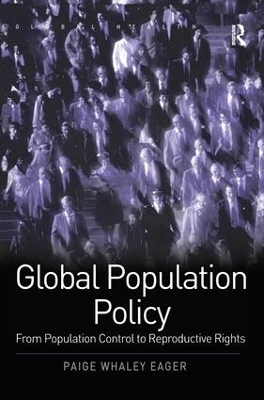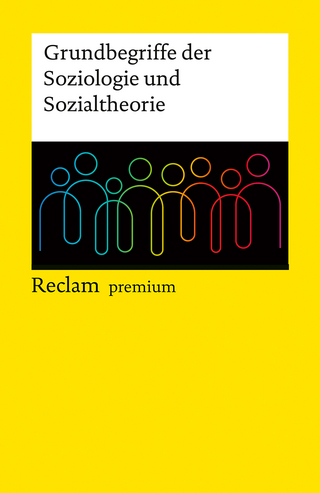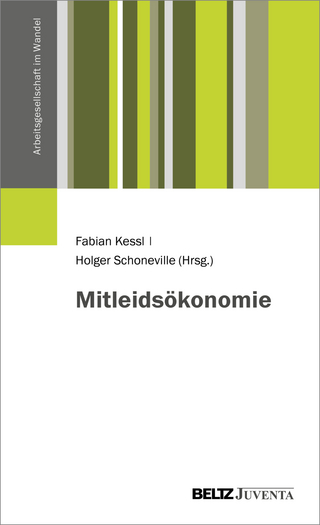
Global Population Policy
From Population Control to Reproductive Rights
Seiten
2004
Routledge (Verlag)
978-0-7546-4162-9 (ISBN)
Routledge (Verlag)
978-0-7546-4162-9 (ISBN)
- Titel z.Zt. nicht lieferbar
- Versandkostenfrei
- Auch auf Rechnung
- Artikel merken
This absorbing study explains why population control is no longer the focus of global population policy and why reproductive rights and health have become the major focus. Global Population Policy will appeal to a wide audience, including readers in the fields of women's studies, development politics and international relations.
The general assumption throughout history has been that a growing population is beneficial for societies. By the mid-1960s, however, the United States and other developed countries became convinced that population control was an absolute necessity, especially in the developing world. This absorbing study explains why population control is no longer the focus of global population policy and why reproductive rights and health have become the major focus. The book highlights the role that the US and other developed countries play in affecting global population policy, looking in particular at the stance of the George W. Bush administration since taking office. It also studies the influence of the UN as an international forum and explores how civil society questioned the ethics of population control. Global Population Policy will appeal to a wide audience, including readers in the fields of women's studies, development politics and international relations.
The general assumption throughout history has been that a growing population is beneficial for societies. By the mid-1960s, however, the United States and other developed countries became convinced that population control was an absolute necessity, especially in the developing world. This absorbing study explains why population control is no longer the focus of global population policy and why reproductive rights and health have become the major focus. The book highlights the role that the US and other developed countries play in affecting global population policy, looking in particular at the stance of the George W. Bush administration since taking office. It also studies the influence of the UN as an international forum and explores how civil society questioned the ethics of population control. Global Population Policy will appeal to a wide audience, including readers in the fields of women's studies, development politics and international relations.
Paige Whaley Eager is an Assistant Professor at Hood College, USA
Contents: Global population policy: past and present; Population control as global policy; The winds of change: a new approach to global population policy; The global women's health and rights movement; Reproductive rights as an international norm; After Cairo: consolidation or backlash?; Norms, UN global conferences, and constructivism; Appendix; Bibliography; Index.
| Erscheint lt. Verlag | 12.8.2004 |
|---|---|
| Reihe/Serie | Global Health |
| Verlagsort | London |
| Sprache | englisch |
| Maße | 156 x 234 mm |
| Gewicht | 610 g |
| Themenwelt | Sozialwissenschaften ► Soziologie ► Allgemeines / Lexika |
| Sozialwissenschaften ► Soziologie ► Empirische Sozialforschung | |
| ISBN-10 | 0-7546-4162-7 / 0754641627 |
| ISBN-13 | 978-0-7546-4162-9 / 9780754641629 |
| Zustand | Neuware |
| Haben Sie eine Frage zum Produkt? |
Mehr entdecken
aus dem Bereich
aus dem Bereich
Buch | Softcover (2024)
Phillip Reclam (Verlag)
CHF 17,90


